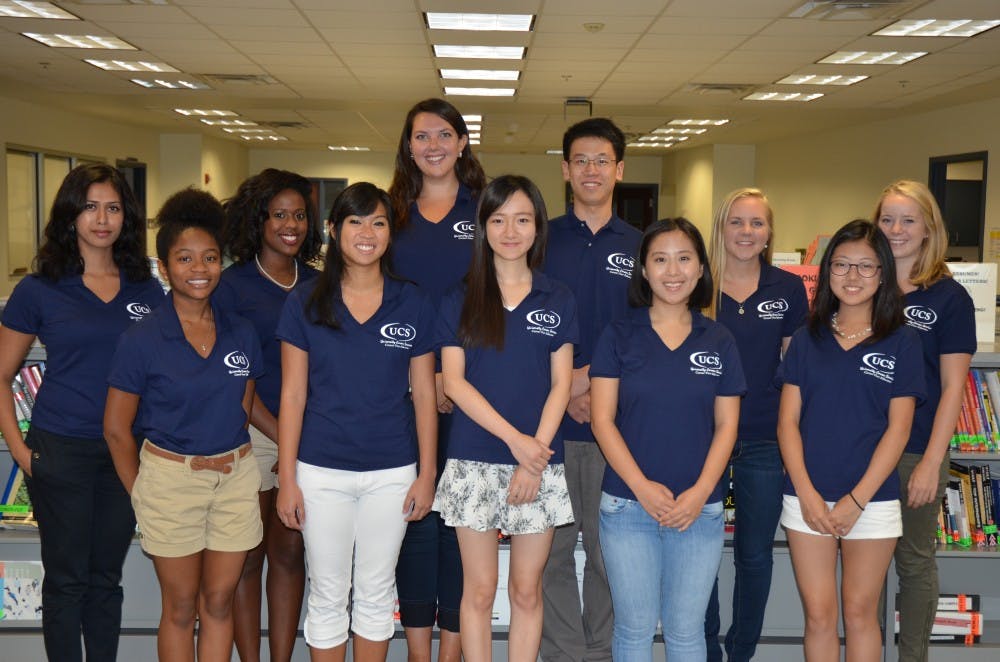Among a sea of professionals at University Career Services are a swath of younger faces — Career Peer Educators.
“Students don’t know about UCS as much as they should,” said third-year College student Kathryn Anderson, CPE administrative chair. “Our goal is to educate our peers and show them what this office has to offer.”
Housed in Bryant Hall by Scott Stadium, UCS offers students a variety of resources, such as mock interviews and internship databases.
CPEs, meanwhile, train students on how to make the most of these resources and lead workshops for students planning to enter the job market.
“We are trained on everything — every resource we have in the career center, we do it,” said CPE outreach chair Carly Taylor, a third-year College student. “We benefit from being a CPE, as well. We’re just like everyone else — we want internships and research opportunities.”
As outreach chair, Taylor organizes programs to build relationships between CPEs and the student population. She plans to meet with the Vietnamese Student Association and Phi Gamma Delta fraternity to lead resume-writing workshops.
“My goal is to bring UCS and all our career services to every population at the University whether it be first years, minority groups, CIOs in general, or fraternities and sororities,” Taylor said.
CPEs work in the lobby of the UCS office alongside trained career counselors.
“We are the bridge between students and counselors,” Taylor said. “So when a student goes to talk with a counselor, they already have the resources and a CavLink account set up and can talk about what they really want to talk about instead of just asking for … resources.”
The 11 CPEs represent diverse interests and majors, ranging from psychology to commerce to Spanish.
Third-year College student Trisha Hongcharti was trained as a CPE this semester.
“CPEs act as student liaison between student population and greater career services staff, but we are also navigating [our own] career search process,” Hongcharti said. “We use the resources that we advertise, so we believe in what we promote, as well.”
Two graduate student CPEs add further diversity to the group.
“Because [the graduate students] have gone through all of undergrad already, they have more experiences to share,” Hongcharti said. “They can offer [insight as to] what it’s like to work as a graduate student and apply to graduate schools.”
Advice from a peer advisor in addition to that of a trained counselor is a winning combination, Anderson said.
“A student giving a workshop to students is more relatable than a counselor presenting it as a lecture,” Anderson said.
Hongcharti attended such a workshop as a first year, which sparked her interest in becoming a CPE. Students must be in at least their second year to apply.
“As long as you’re passionate about what we do, you are qualified [to be a CPE],” Hongcharti said. “We serve as a less intimidating source for students to go to.”
Correction: An original version of this article indicated the resume workshops for Phi Gamma Delta fraternity and the Vietnamese Student Association had already occurred. They are scheduled to occur later this week.







